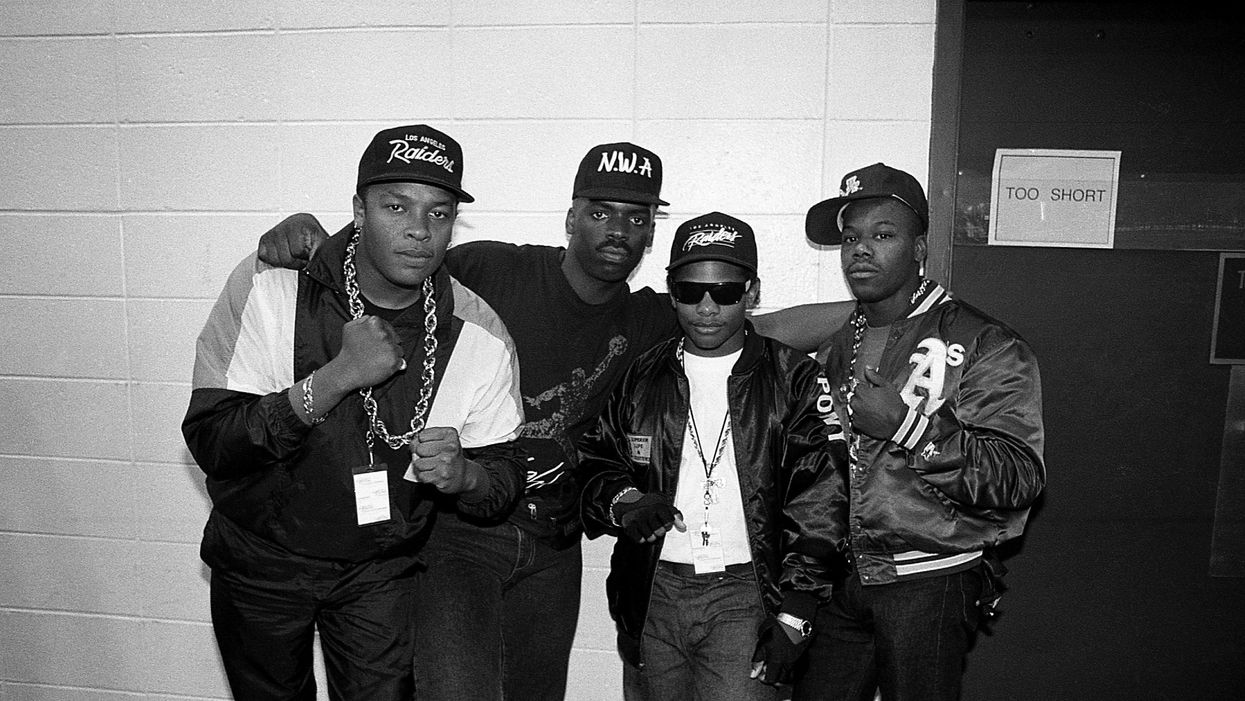
Photo By Raymond Boyd/Getty Image

A black Oberlin College student said that white people hate competition, The College Fix reported earlier this week, and said that that's why she believes white people generally do not have an appreciation of rap.
Angel Audio, an opinion editor at The Oberlin Review, recently wrote a decidedly biased piece arguing that white people do not like rap music because they feel their musical tastes — refined from appreciating "classical music and other Eurocentric art forms" — are far superior.
“If there’s one thing white people hate, it’s competition,” Aduwo wrote in the editorial. “If we consider rap music to be music, then we must question the validity of the claim that classical music and other Eurocentric art forms are superior.”
She added that white American society as a whole has "criticized and politicized" African-American music styles including jazz, blues, and hip-hop as inferior.
“These critiques were often rooted in racism and a distaste for black American expression, rather than any real discourse on the music itself,” she added, stating out that the term "jazz" is racist as it is derived from the word "jackass."
The word, however, is reported to have come from 1860s-era colloquialism "jasm," which means "energy, vitality, [and] spirit."
Rap, she continued, is important because it, "rejects the principles imposed by classical music and resists Eurocentric standards of what music should be."
"It is a style of music that’s accessible to just about anyone, anywhere in the world," she explained. It allows for free-form creativity and individuality, and does not have a rigid set of rules one must subscribe to.
While stating that the music is "accessible to just about anyone," Aduwo suggested that even younger, more "woke" white people who appreciate rap may be engaging in some form of racism by "[disregarding] the genres' roots and the principles of its original creators," ultimately signaling a "lack of respect for African-American culture."
One student told Aduwo that they believe rap is "being used commercially" like all other musical genres, but argued that it's "weird that people like to capitalize off of black things and don't do anything about what the people who created rap music stood for."
"In the end," she explained, "it comes down to a lack of respect for African-American culture. When we say things like, 'Don’t say the n-word,' or, 'Don’t use AAVE,' or, 'Don’t wear black protective hairstyles,' it’s all ignored. This is due to the fact that white people, but also non-black people in general, don’t want to see African Americans as having their own distinct culture. If they do see it, they don’t consider it to be worthy of respect."
She concluded:
If there’s one thing white people hate, it’s competition. If we consider rap music to be music, then we must question the validity of the claim that classical music and other Eurocentric art forms are superior. If we consider black Americans as having their own distinct culture and identity, then we must question why we believe black people in America are so undeserving of respect, and deserving of persecution and abuse. If white people have to view rap music as “real music,” they will be forced to question the cultural superiority they have comfortably and securely maintained for generations. They will have to compete with other extraordinarily talented musicians who didn’t “count” in the past. All of their insecurity and resistance to change cannot alter the fact that rap music is music, end of discussion.